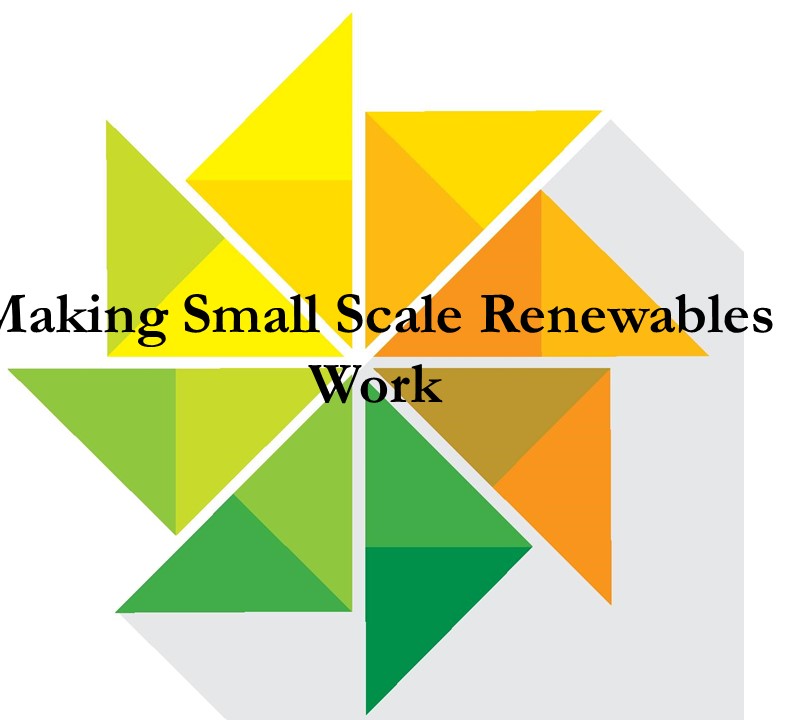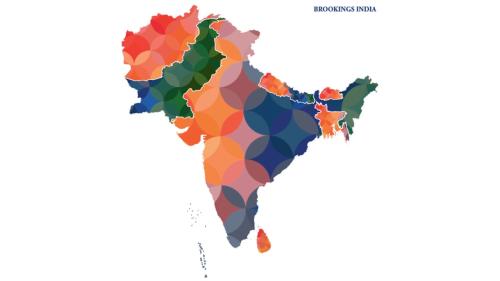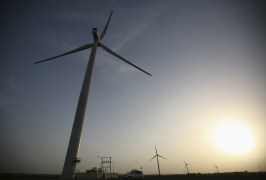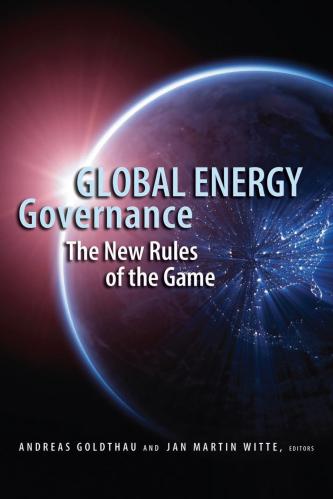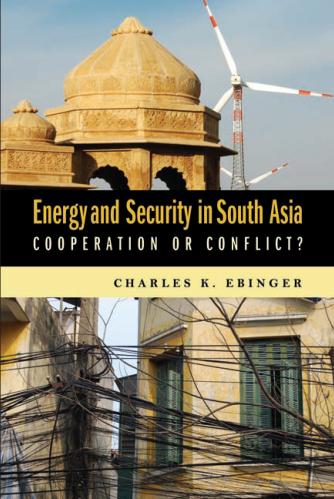Content from the Brookings Institution India Center is now archived. After seven years of an impactful partnership, as of September 11, 2020, Brookings India is now the Centre for Social and Economic Progress, an independent public policy institution based in India.
This chapter is a part of Brookings India’s edited book, “Blowing Hard or Shining Bright? Making Renewable Power Sustainable in India” To view the preface and table of contents, click here.
Chapter Summary:
This chapter discuss making small scale renewables work, drawing especially from their experience with solar power (which is pretty much the only renewable energy option that works down to the household scale – almost everything else is village scale if not larger). Small scale power shouldn’t be viewed merely in a Rs./kWh lens, instead being valued for its social impact as well as availability, reliability, and more. To that end, the end beneficiaries (or target groups) aren’t just citizens but also programs on education, health, etc. Making small scale systems work will ultimately depend on a favorable ecosystem, which emphasizes the multitude of factors and stakeholders that must align, ranging from financing, supply-chain (including quality and quality assurance), training, maintenance, etc. Such networks can span to not only the so-termed market, but also government, NGOs, donor groups, academia, etc.
_______________________________________________________________________________
Harish Hande, with over 20 years of experience, is a practitioner and expert in the field of decentralized renewable energy for developing countries. He is the Chairman and co-founder of SELCO India, the country’s first social ‘for-profit’ enterprise working on rural solar energy access, since 1995. He holds Doctorate and Masters degrees from the University of Massachusetts (Lowell) in the field of Energy Engineering. He was the recipient of the Magsaysay Award in 2011 for “his pragmatic efforts to put solar power technology in the hands of the poor, through his social enterprise SELCO India.”
Surabhi Rajagopal has been working with SELCO Foundation since 2011, facilitating the creation of the Policy wing to address decentralized energy access issues, from a Practitioner perspective. She is also engaged in strategy creation, planning and outreach for the Foundation. Surabhi has a Masters in Environmental Policy and Regulation from the London School of Economics (LSE) in London, UK.
Vikshut Mundkur is a consultant with the policy group SELCO Foundation. His keen interest area is on designing and advocating enabling policy environments to support the scale up of decentralized renewable energy solutions for rural India as part of the National Government’s plan of providing 24×7 power to all. An Instrumentation Technology Engineer by qualification, he has worked on sustainable energy design and deployment with SELCO Solar Light Pvt. Ltd. and Infosys in the past.
The Brookings Institution is committed to quality, independence, and impact.
We are supported by a diverse array of funders. In line with our values and policies, each Brookings publication represents the sole views of its author(s).
